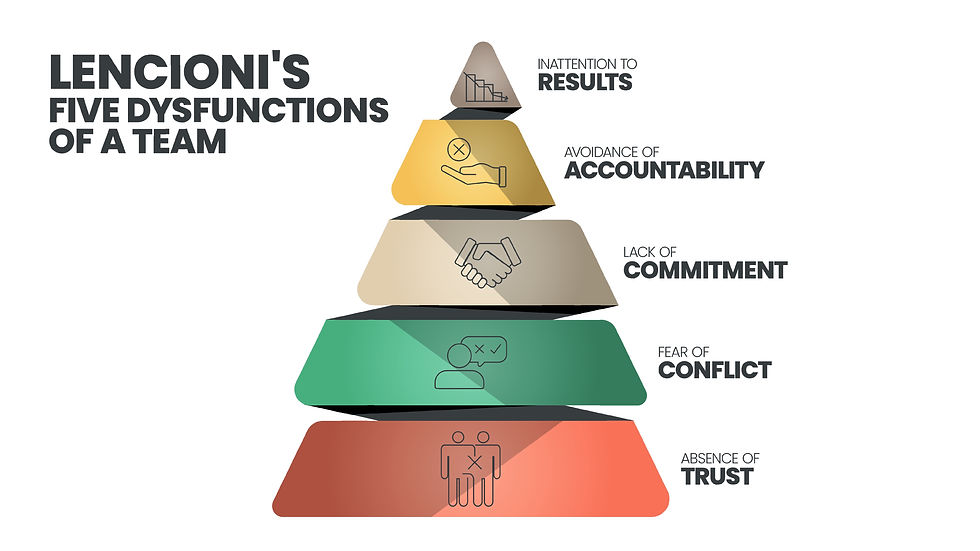Why it’s OK to train NHS health coaches in 4 days
- Peak Health Coaching

- Jan 3, 2024
- 3 min read

The gold standard training for health coaches working in the NHS is 4 days. This was the recommendation in the NHS Framework released in Feb 2023. That might shock you. How can any NHS staff member be trained in 4 days?
Health coaches are a crucial addition to the NHS Multidisciplinary team. But surely they need more than 4 days to feel confident and competent? However, as a Personalised Care Institute accredited provider we have trained over 400 health coaches in our 4-day program. We know through our robust assessment process that these people are helping patients and the NHS to achieve outcomes that matter.
A factor to appreciate is health coaches need very little health knowledge. In fact, when a coach knows ‘too much’ about the field they are coaching in, it can hinder the coaching process. Coaching is about utilising a skill set to enable and encourage people to discover and develop their own solutions and plans. When teaching qualified health care professionals how to add in coaching skills, often they have to judge when more information is helpful, and when it can become overwhelming.
It is not about telling people what to do. The very reason coaches are so valuable in the health sector is that patient’s poor health is often not through lack of knowledge. Commonly it is more related to low motivation, insufficient self-management capabilities or barriers to implementation.
The skills and techniques to support people to develop their own skills knowledge and confidence to look after themselves are pretty generic. Most important is ‘letting go’ of the fixer mindset. So many NHS staff slip into what Karpman called the ‘rescuer role’. It may be well intentioned. but decades of research and experience has taught us this can hinder high quality health outcomes, especially when dealing with long term conditions.
In our experience 4 days of high-quality training, with committed and engaged people, is a great foundation. The skills and confidence continue to develop through ongoing practice and self-reflection. In our courses health coaches build these up with support between those initial 4 days. They then refine them through ongoing practice on the job.
What is essential, is to have access to supervision in these early days. They of course need timely access to clinical supervision, to support urgent clinical concerns. But most crucially they need regular coaching supervision. This helps cement skills and adapt to the wide range of motivation and capability of the patients they partner.
There is no doubt, like many health care professionals, coaches are exposed to the distress and trauma off-loaded when people are allowed time to talk. Coaches are trained to be great listeners and often this prompts deeper sharing than many staff allow people. It’s a gift bestowed by the role, but that means coaches need debriefing and a chance to off-load themselves
Peer support is another valuable source of support and development in the role. We certainly include techniques to ensure this is a core part of operating as a health coach.
All of us can make a case for more training and education. In fact, continuous learning and quality improvement is a responsibility of every NHS role and organisation. But we also have to balance the reality of an organisation struggling to balance access with protection of both staff and patients.
The NHS should function as a collaborative, mutually supportive community. Often we are adapting to surges in demand, and fluxes in expectations. We’re forced to build the plane while it’s flying, a dynamic, wonderful, but often chaotic sponge for collective anxiety.
We inevitably must balance formal protected learning time with service delivery. Let’s hope as we continue to evolve, we can ensure our expectations of each other remain realistic. We all need to maintain the compassion and patience for continuous support and learning.



شيخ روحاني
رقم شيخ روحاني
الشيخ الروحاني
الشيخ الروحاني
شيخ روحاني سعودي
رقم شيخ روحاني
شيخ روحاني مضمون
BERLINintim
جلب الحبيب
Suka banget sama postingan ini. Kalau ada waktu cek kabar4d slot maxwin thailand ya!